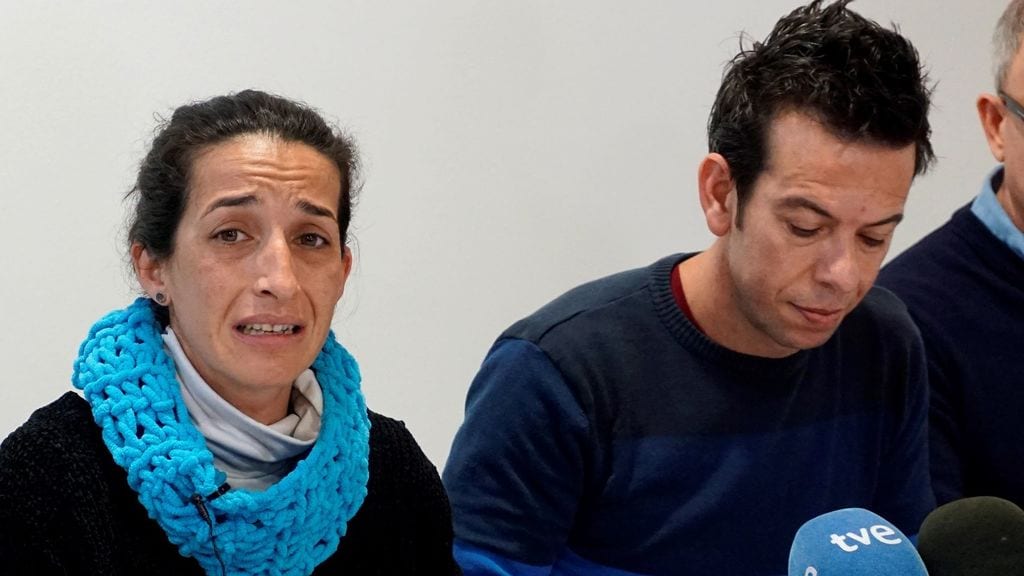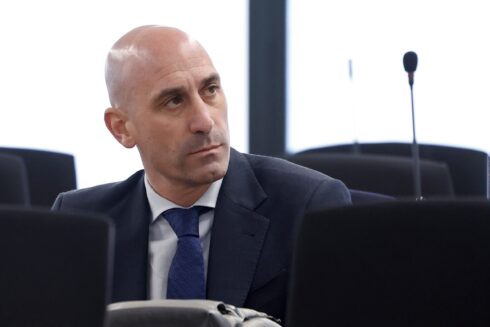ANA Julia Quezada, the convicted killer of eight-year-old Gabriel Cruz, has been placed in isolation in the Spanish prison where she is serving her life sentence, after Cruz’s mother denounced efforts to make a documentary about the case.
Cruz’s mother, Patricia Ramirez, called a press conference on Saturday at which she explained she had heard from ‘direct sources’ that recordings were being made of Quezada in the Brieva prison in Avila province, as part of efforts to make a ‘true crime’ documentary about a murder case that shocked and appalled Spain.
Gabriel Cruz – who was known by his nickname of pescaito, or little fish – was killed in Almeria province in 2018 by the then-partner of his father, Ana Julia Quezada. The case received huge media attention at the time, given a 12-day search for Gabriel in which his killer actively participated.
His body was eventually discovered on March 11 in the boot of Quezada’s car as she was trying to move it from the area she had buried it after murdering him.
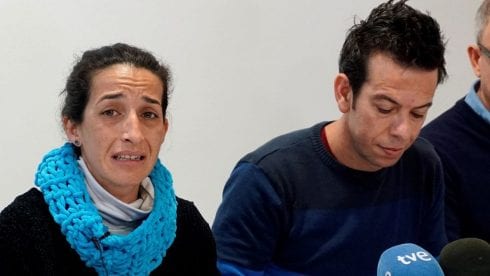
Quezada was found guilty of the killing and was sentenced to Spain’s equivalent of life imprisonment.
Ramirez last week publicly called for television and documentary producers to scrap any plans to make content based on her son’s story, accusing them of trying to make money ‘from his death’.
“From the start we have not wanted to be in the limelight with this, we have rejected all kinds of offers that have been made to us and we have continually stated that we do not want to participate in the making of any documentaries or series about Gabriel’s death,” she said in a video message.
According to Spanish press reports, before Quezada was placed in isolation her cell was searched by prison officers, who were looking for a cellphone.
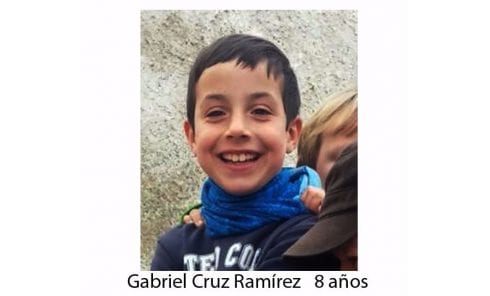
Sources from the Brieva prison told newspaper El Pais that her isolation was a precautionary measure to protect her.
“It is not the case that something has happened, but this is a preventative measure, given the media attention, so that there are no disturbances to the order in the prison,” the same sources said.
At her press conference, Ramirez claimed to have informed the Spanish authorities on a number of occasions that Quezada was making the recordings from prison, and criticised both the Interior Ministry and the General Directorate of Penitentiary Institutions for not having taken the appropriate action.
The ministry responded with a statement saying that it had ‘received Patricia Ramirez and has listened to her requests, acting from the first moment and within the framework of its powers in the investigation of any possible irregularity in the penitentiary field’.
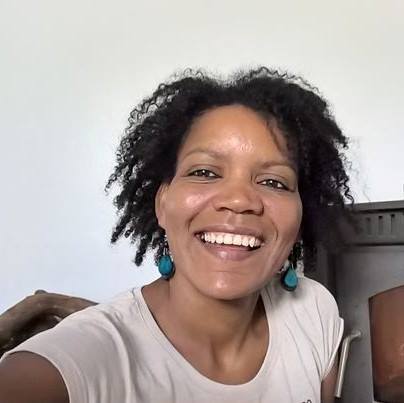
It would not, however, release any specific information about an individual inmate.
Ramirez launched her appeal about true crime productions in the wake of the debut on Netflix of The Asunta Case, a dramatised version of the events surrounding the murder of 12-year-old Asunta Basterra in northern Spain back in 2013. Her parents were convicted of the killing.
Ramirez’s initiative, however, was not well received by all.
The father of Marta del Castillo, another young (apparent) murder victim, responded to her video message by defending true crime productions.
Antonio del Castillo wrote on X (formerly Twitter) that such series or documentaries ‘lay bare legal and police mistakes’, adding: “My daughter has never been found.”
Marta del Castillo disappeared in Seville on January 24, 2009, at the age of 17, and was presumably murdered. Her then-boyfriend Miguel Carcaño Delgado was convicted of her killing, but has given a series of different accounts of events and stated that the body was located in a number of different places.
The remains of Marta have never been located, and Del Castillo has been highly critical of the police investigations into the case.

